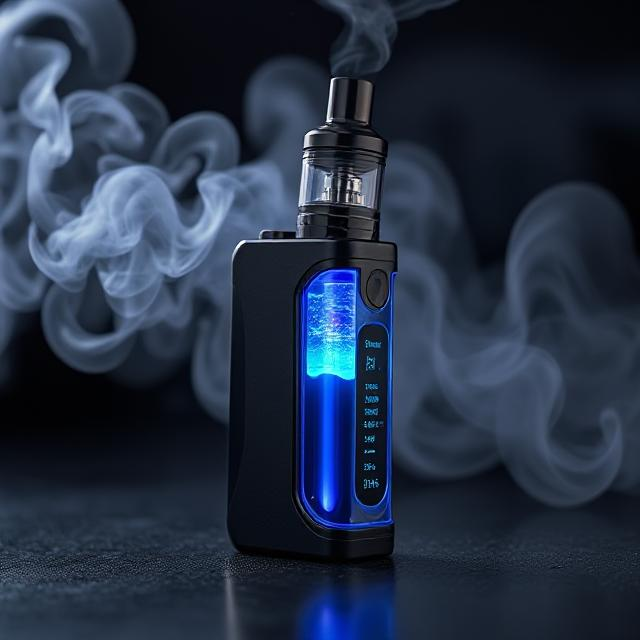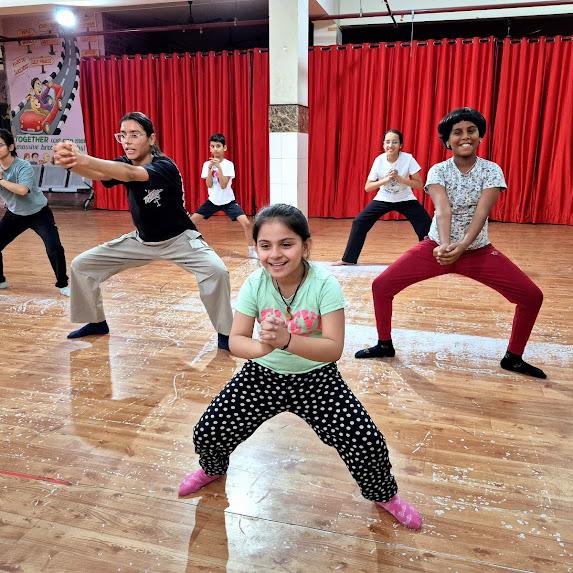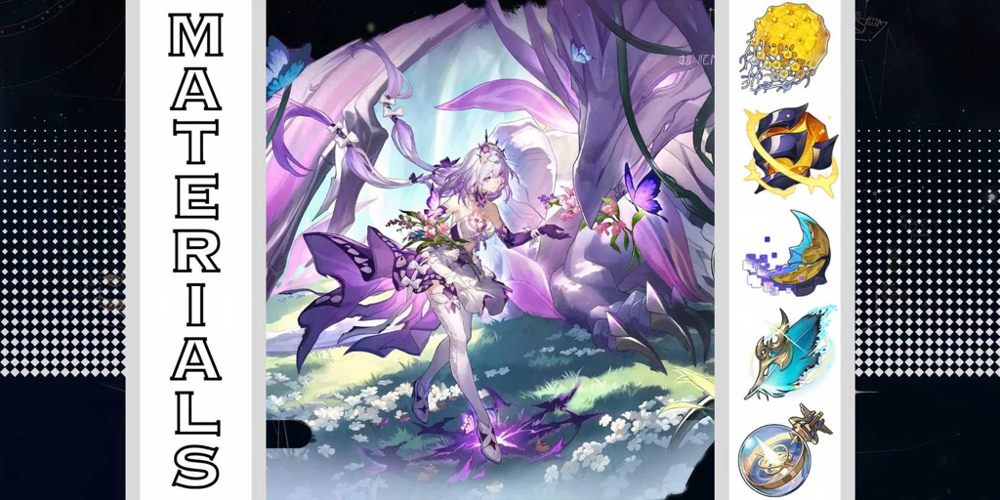Cigar: How Gen-Z 2026 Is Redefining the Smoke Culture

Cigars have long been associated with tradition, luxury, and celebration. But as times change, so does how people view and enjoy them. Gen-Z 2026, a generation known for reshaping old habits, is starting to look at cigars in a fresh light. Rather than seeing them as outdated or exclusive, many young adults are finding new meaning in cigar culture — one that mixes curiosity, mindfulness, and modern lifestyle choices.
What Makes Cigars Different?
A cigar isn’t just a larger version of a cigarette. It’s a rolled bundle of dried and fermented tobacco leaves, made to be smoked slowly. Unlike cigarettes, cigars aren’t usually inhaled. Instead, smokers draw the smoke into their mouths to taste and enjoy the aroma.
Today, cigars come in a range of shapes, sizes, and blends. Some are handcrafted, others machine-made, and the experience can vary based on where the tobacco is grown and how it’s aged.
The rise of newer products like Viho TRX has also created crossover interest between traditional cigar enthusiasts and a younger tech-minded crowd. While cigars have a heritage feel, these newer alternatives bring in technology and convenience, appealing to Gen-Z’s preference for accessible experiences without losing authenticity.
Why Gen-Z Is Paying Attention to Cigars
For Gen-Z, cigars are not about status symbols or luxury brands. Instead, they’re about slow living and social connection. In a world where everything moves quickly, cigar smoking offers a chance to pause, reflect, and talk.
Here are some of the reasons young adults are exploring cigars:
-
Mindful rituals: Lighting a cigar and taking time to enjoy it fits with Gen-Z’s growing interest in mindfulness.
-
Cultural curiosity: Many see cigars as part of a global culture — from Cuban traditions to modern lounges in cities.
-
Social sharing: Cigar sessions are becoming part of gatherings, where conversation and calm take center stage.
-
Craft appreciation: Gen-Z likes to learn how things are made. The craftsmanship of cigars — from leaf selection to rolling — appeals to that interest.
However, this generation isn’t taking up cigars casually. They are also aware of health risks and tend to approach the experience with moderation and information.
The Evolving Cigar Experience
Traditionally, cigars were tied to celebrations, like graduations, weddings, or career milestones. Today, many younger people view them more as a lifestyle choice — something to enjoy occasionally, not daily.
The culture around cigars is also shifting from closed lounges to more open, social spaces. Cigar cafés and outdoor lounges are becoming popular meeting spots for people in their 20s who want an atmosphere that feels relaxed but not pretentious.
Devices like the Suonon Donete 50K are also making an impact. While not cigars in the traditional sense, these modern devices mimic certain aspects of the cigar experience — offering flavor, aroma, and ritual without burning tobacco. For Gen-Z, this combination of culture and convenience creates a bridge between the old and the new.
Cigar culture is no longer only about age or income. It’s about experience — taking a few moments to enjoy something slowly and thoughtfully, often in good company.
The Role of Social Media in Modern Cigar Culture
Social media is one of the biggest influences on how Gen-Z interacts with any trend — and cigars are no exception. Platforms like TikTok, Instagram, and YouTube are filled with videos of young adults reviewing cigars, visiting lounges, or simply talking about what the ritual means to them.
But unlike previous generations that used cigars as status symbols, Gen-Z tends to focus on the story and community behind them. They want to know where the tobacco comes from, how it’s produced, and what makes each brand unique.
Here’s how social media is changing cigar culture:
-
Education: Tutorials and cigar reviews make it easier to learn without feeling out of place.
-
Representation: More diversity in who smokes cigars is visible online, breaking old stereotypes.
-
Conversations: Online forums allow users to discuss flavors, techniques, and accessories openly.
-
Responsibility: Many influencers include disclaimers or talk about moderation and health awareness.
This balance of enjoyment and understanding is what sets Gen-Z apart. They want experiences, but not at the expense of awareness.
How Cigar Culture Fits Gen-Z’s Lifestyle
Gen-Z is known for individual expression, and that extends to how they approach hobbies and habits. Cigars fit into their lives as something intentional, not impulsive. The slow pace of cigar smoking aligns with values like mindfulness, focus, and real-world connection.
Here’s what this means in practice:
-
Time offline: Smoking a cigar can mean putting the phone away for a while and just being present.
-
Community building: Lounges and cigar nights create real-life interactions — something many Gen-Zers crave after years of digital communication.
-
Taste exploration: From mild to bold flavors, cigars offer a range of experiences that appeal to curious palates.
-
Gender balance: More women and non-traditional groups are entering the cigar space, reflecting Gen-Z’s inclusive mindset.
There’s also a growing conversation about the environmental and ethical side of cigar production. Younger consumers are asking questions about fair trade, sustainable farming, and eco-friendly packaging. These discussions are reshaping the market as brands adapt to meet the expectations of a more informed generation.
The Future of Cigars for Gen-Z 2026
Looking ahead, it’s clear that cigars will continue to evolve. They’re unlikely to become a mainstream daily habit, but they’ll remain a meaningful part of social and cultural experiences. For Gen-Z 2026, cigars represent something more personal — a symbol of reflection and authenticity in a fast-paced world.
Technology may also play a bigger role. Brands are exploring ways to make the cigar experience more accessible, whether through digital tracking of flavor profiles or interactive lounge memberships. Some companies are developing hybrid products that combine traditional tobacco elements with non-combustion technology.
Modern options like Suonon Donete 50K will likely coexist with classic cigars, offering alternatives that suit different preferences and lifestyles. The industry may shift toward balance — keeping tradition alive while making space for innovation.
What’s most interesting is that this generation’s interest isn’t about glamor or nostalgia. It’s about connection — with others, with time, and with personal meaning. Cigars, in this context, become tools for pause rather than pressure, for mindfulness rather than excess.
Final Thoughts
For Gen-Z 2026, cigars are becoming part of a broader conversation about lifestyle, authenticity, and self-awareness. They’re not seen as symbols of status but as a way to slow down and connect in real life. Whether it’s exploring traditional blends or trying modern devices like Suonon Donete 50K, the focus is on experience and intention.
This generation’s approach to cigar culture is shaping a more open and thoughtful future for the industry. The old image of cigars as exclusive and formal is fading, replaced by a sense of curiosity, learning, and shared enjoyment.
As Gen-Z continues to redefine habits across the board, cigars may not be for everyone — but they’ll remain a small, meaningful ritual for those who value time, taste, and presence. And perhaps, that’s what makes them relevant once again.





